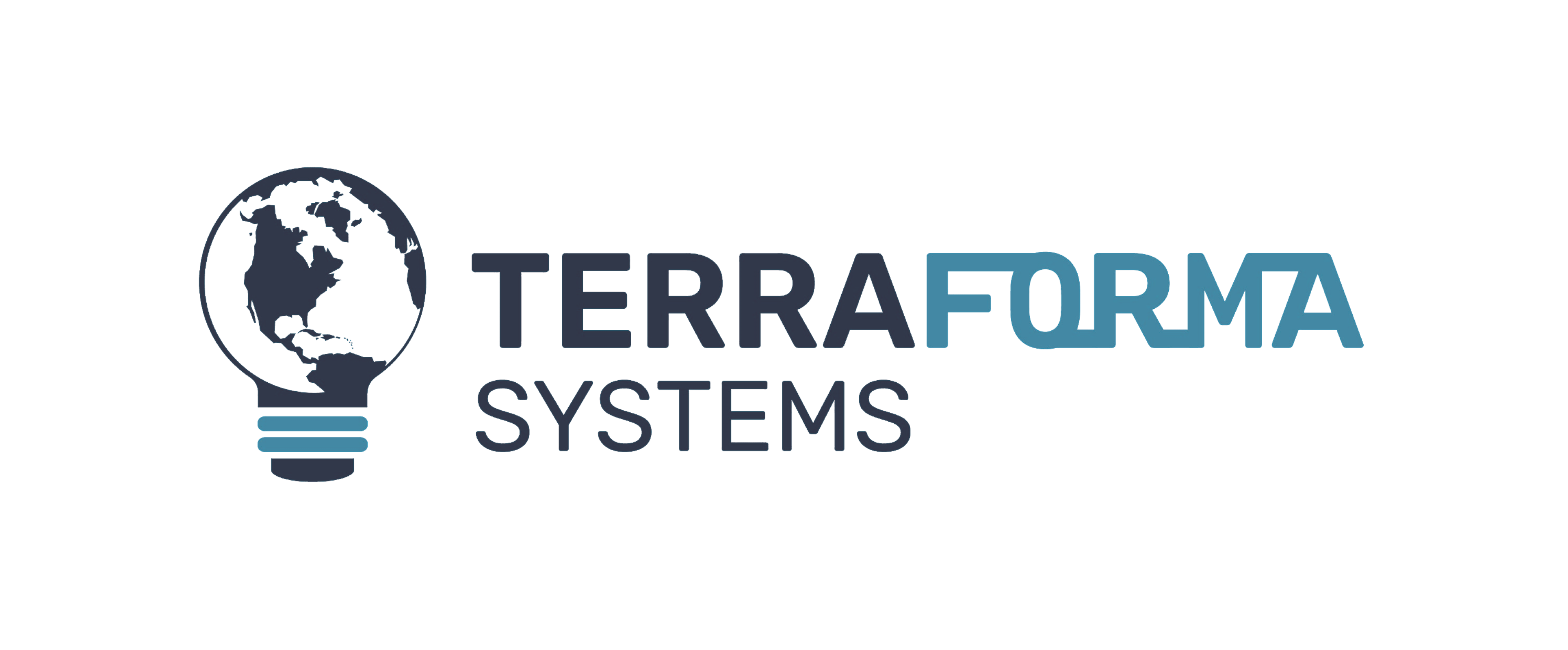
How Zoos Can Use On-Site Composting to Reduce Waste
Jun 6, 2025
2 min read
Zoos are in a strong position to integrate sustainability into daily operations, especially when it comes to managing organic waste. With a steady flow of food scraps, animal bedding, manure, and yard trimmings, on-site composting with a system like the T-REX Composter gives zoos a practical way to manage waste, reduce environmental impact, and produce useful compost for landscaping and animal care.

Smarter Waste Management at the Source
Zoos generate a large volume of organic waste from food, manure, and plant material. Composting this waste on-site helps reduce what ends up in landfills and supports zero-waste goals. The T-REX Composter processes organic material efficiently and safely, producing nutrient-rich compost that can be used throughout the property.
It also improves daily conditions. On-site composting reduces odors and helps deter pests, creating a cleaner, more comfortable space for animals, staff, and visitors.
A Natural Fit for Conservation-Focused Operations
Zoos are built around conservation. Composting aligns with that mission by turning waste into a resource, lowering reliance on outside materials, and keeping more waste on-site. The compost can be used in gardens, habitat restoration, or general landscaping, reducing the need for chemical fertilizers and outside soil amendments.
This kind of closed-loop system shows that the zoo’s sustainability efforts are more than just messaging. They’re part of the day-to-day approach to responsible care and operations.
Bringing Sustainability into the Visitor Experience
Zoos already serve as educational spaces. On-site composting adds another layer to that mission. Whether through signage, tours, or interactive exhibits, zoos can show how organic waste is turned into soil that helps the facility thrive.
On-site composting demonstrations or behind-the-scenes tours can help visitors understand how everyday waste can be reused instead of discarded. These small learning moments leave a strong impression and may inspire guests to explore composting at home.
Lowering Waste Costs Without Compromise
Hauling organic waste off-site is costly, especially for large operations. On-site composting helps zoos reduce those hauling costs and rely less on outside waste services. That saved money can be redirected into animal care, conservation, or facility upgrades.
The T-REX Composter is designed to handle large volumes with minimal staff input. Its ease of use and low maintenance make it a practical choice for busy environments like zoos.
A Simple and Effective Composting Solution
Built for daily use, the T-REX Composter is fully enclosed to manage odors and keep pests out. Its efficiency allows it to handle large amounts of waste, turning it into compost that can be used across the grounds.
The system is easy to operate and scales to match the volume of waste produced. It fits seamlessly into zoo operations without disrupting routines or requiring extensive staff training.
Making a Lasting Impact
By adopting composting, zoos reduce their environmental footprint, lower waste management costs, and support conservation from the ground up. It’s a practical step that aligns with the values zoos already promote.
Guests see the results of these efforts in cleaner spaces, healthier landscapes, and stronger connections to the zoo’s mission. Composting may not be front and center, but it plays an important role in how zoos care for their spaces and the planet.






